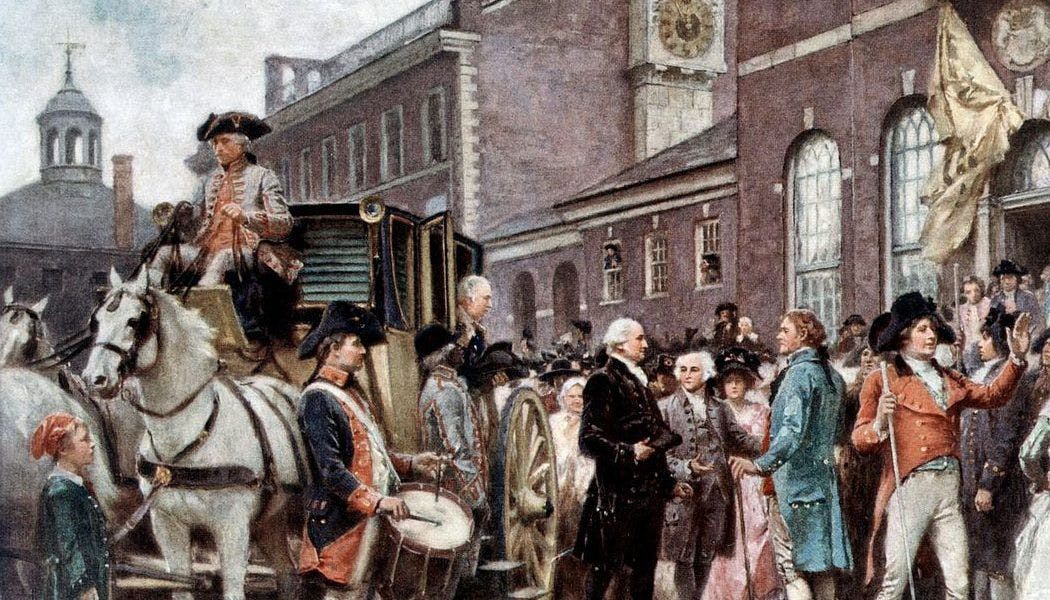104 reads
Election Subversion and Manipulation Is Not New
by
February 20th, 2023
Audio Presented by

Avid reader of all things interesting to mankind. Futurist, artist, pianist, realist.
About Author
Avid reader of all things interesting to mankind. Futurist, artist, pianist, realist.
